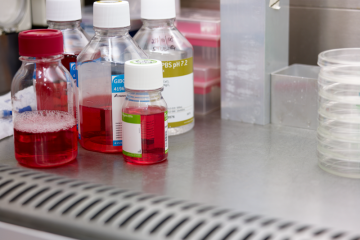Strategic grant
Novel bioprinters for 3D In Vitro Models (3D-IV)

At a glance
Completed
Award date
October 2024 - March 2025
Grant amount
£325,479
Principal investigator
Professor Kenneth Dalgarno
Co-investigator(s)
Institute
Newcastle University
R
- Replacement
